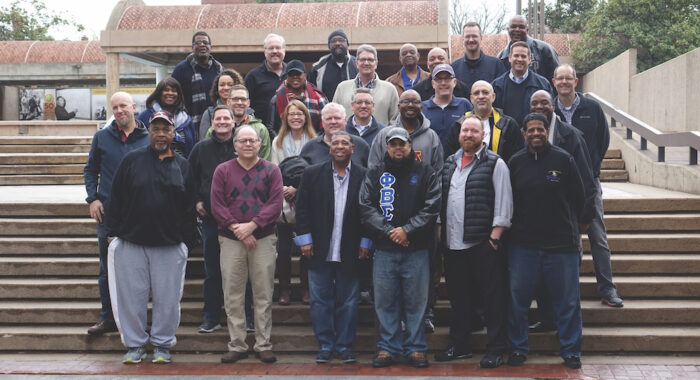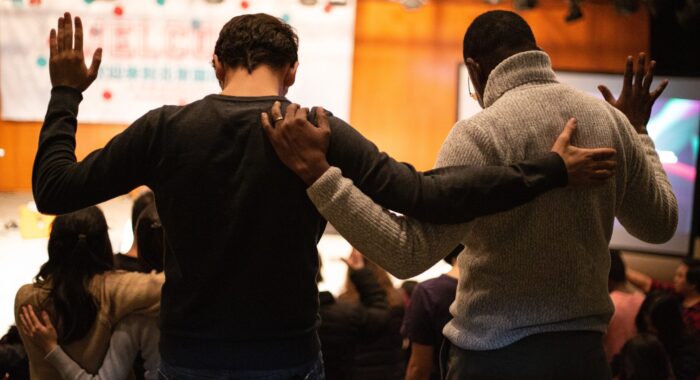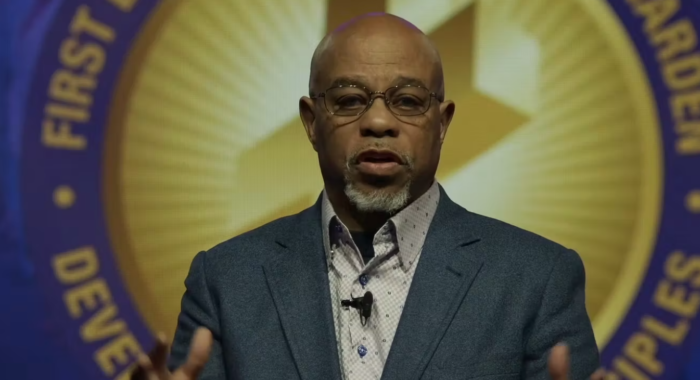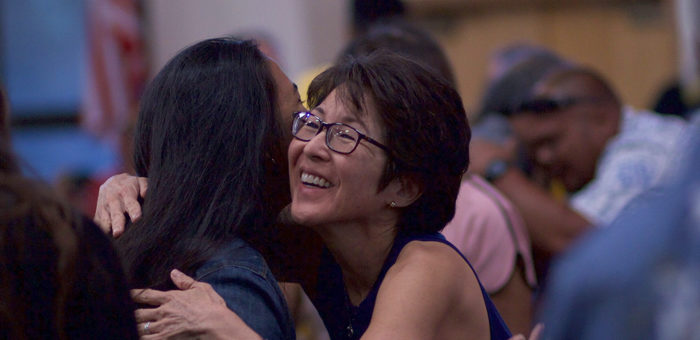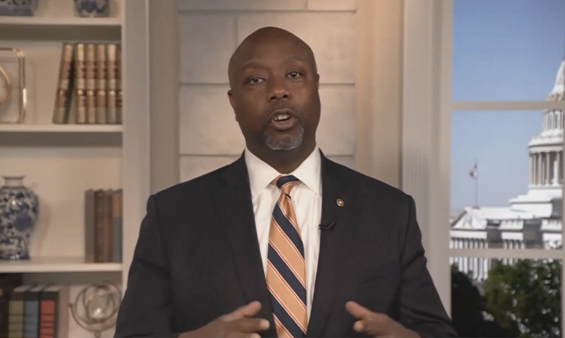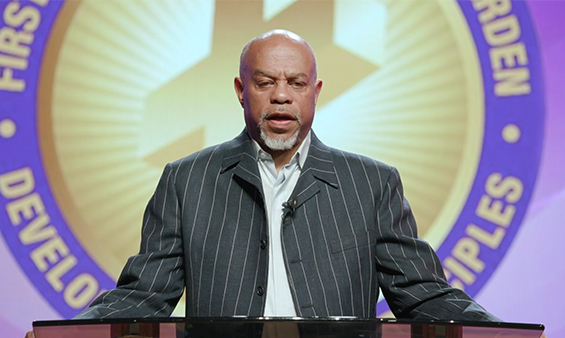
The Bible uniformly teaches the essential dignity of all humans and the shared desire to belong in community. Yet, the devastating reality of sin results in denigration and alienation. Christians affirm that the gospel brings reconciliation not only between God and humanity, but also among estranged groups of people (Galatians 3:28; Ephesians 2:14–18; Colossians 3:11). God will ultimately form a new humanity from “every nation, tribe, people and language” (Revelation 7:9).
In light of this biblical vision, racism is an affront to the value of individuals created in God’s image and to the divinely designed diversity of redeemed humanity. This denial of personhood and belonging runs contrary to the peace and unity that God intended in the beginning and that the Bible depicts as our destiny.
Racism appears in beliefs or practices that distinguish or elevate one race over others. When accompanied and sustained by imbalances of power, prejudice moves beyond individual relationships to institutional practices. Such racial injustice is the systemic perpetuation of racism. Its existence has unfairly benefitted some and burdened others simply due to the color of their skin and the cultural associations based upon perceptions of race.
The United States has a tragic history of genocide against Native Americans, the cruel practice of enslaving Africans, and the unjust segregation and exploitation of immigrants and the descendants of slaves. While the United States has made significant strides toward legal and social equality in principle, the legacy of racism and implicit racial bias still leaves many Native Americans, African Americans, Asian Americans, Hispanics and other ethnic minorities vulnerable to a variety of social ills. Our churches have a special responsibility to model good race relations (Romans 10:12). We believe Christians should support well-conceived efforts that foster dignity and responsibility and rectify the effects of our racist history, including the disproportionate impact of poverty, incarceration and educational inequity.
America has made substantial progress in legal and social equality, but much work remains to address overt racial enmity and passive indifference. While people of good will and of good faith may differ on particular policies, we urge followers of Jesus to engage in serious and sustained efforts to combat racism.
We confess and repent of the Church’s role in justifying or ignoring racism and racial injustice, and call on Christians of all races to reject white supremacy. We lament their continued existence within the Church and in society, and we resolve to pursue healing and reconciliation.
We encourage American Christians to understand more fully the historical and contemporary facets of racism in our country: the tragic mistreatment of Native Americans, the expressions of anti-Semitism, the impact of slavery and segregation on African Americans, the exploitation of Hispanic Americans and other immigrants, the exclusion and internment of Asian Americans, cultural beliefs about white racial superiority with respect to ethnic or racial minorities and more. These have created and reinforced complex economic disparities and social inequalities.
We seek an end to racial injustice by advocating for policies that respect and affirm the dignity of all races and ethnicities, that seek to redress the wrongs perpetrated and that achieve just outcomes in both church and society. We also commit to developing leadership that reflects the diversity of our communities and provides further opportunities for racial reconciliation.
Racial injustice denies a significant segment of our population full participation in our society and prevents our nation from fully realizing its stated aspirations. Those who are racist or racially indifferent remain trapped in a false sense of self and others, blinding them to the sense of community that democracy requires. The nation will flourish when people of all races and ethnicities are able to contribute equally to society. For this reason, we support strong protection of the voting rights of all citizens and oppose efforts to suppress voter participation. As Christians are ambassadors of reconciliation, we have a unique and compelling call to provide leadership for the benefit and dignity of all (2 Corinthians 5:16–20).
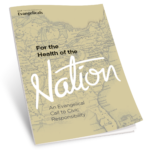



 View All Updates
View All Updates 
